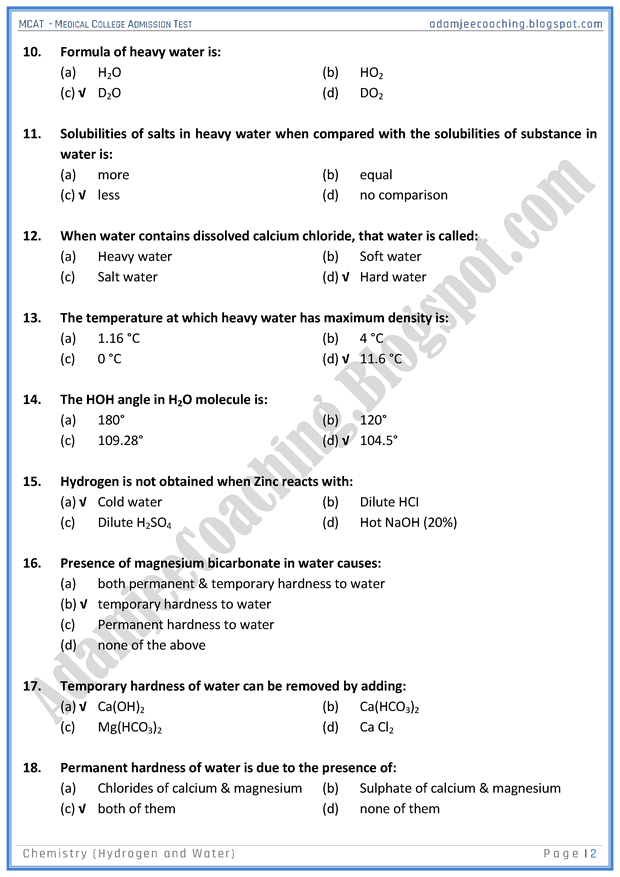


:max_bytes(150000):strip_icc()/mcat_interface_highlight-fdff7676c3e0499d8d38ebba20fc5237.jpg)
The fourth section, while new to the current exam format, draws on experience with critical reading and writing. Interspersed throughout the exam are questions that draw on your familiarity with statistics. Foundational courses in these subjects will be helpful in preparing for this section of the test. The third section is new to the current MCAT exam and draws on knowledge you gain from work in courses such as psychology, sociology, or other social sciences and public health. Following the pre-medical/health careers courses should give you a solid foundation. Emphasis is placed on drawing connections between the concepts you have learned in these various disciplines and the overall context of medicine and living systems. The content knowledge expected of you is not fundamentally different from that in the old exam format. The first two sections test concepts in biology, general and organic chemistry as well as biochemistry. Psychological, Social, and Biological Foundations of Behavior.Chemical and Physical Foundations of Biological Systems.Biological and Biochemical Foundations of Living Systems.In response to the growth and inter-dependence of scientific knowledge, as well as the need to serve a progressively more diverse population, the MCAT assumed its present form in spring 2015. The Medical College Admission Test (MCAT) has undergone several revisions since its inception but had not been modified between 19. The Medical College Admission Test ( MCAT) The typical Brown course work for pre-medical students continues to be the best preparation for the MCAT and medical schools' course work expectations. These differences are not radical and the overarching goal of the medical school application process evolution is to make the admission review more holistic and inclusive. Most medical schools evaluate competencies based on the range offered by the AAMC but they do differ according to the schools' missions. The new MCAT replaced the old one in spring 2015 and medical schools will announce changes (if any) to their evaluation of applications based on competencies in the coming years. Several initiatives undertaken in the past few years have resulted in a new format for the Medical College Admission Test ( MCAT) and a clear articulation of the scientific and personal competencies necessary for success in medical school and practice. Medical professionals, educators and admission officials recognize the need to adapt pre-medical and medical education to the changing needs of the profession and the patients. The social determinants of health are as important for patients' and communities' well-being as scientific expertise and clinicians need to possess knowledge, qualities, and skills not only in the life and physical sciences but also in the social and behavioral sciences. Healthcare practice is moving from a physician-centered to a team-based model and healthcare studies similarly focus on collaboration and interprofessionalism. With the fast pace of scientific progress and the significant demographic, economic, and policy changes that affect us nationally, medical and other health professions school have the great responsibility to ensure they prepare competent health professionals and leaders for the future.
#Mcat practice test 2015 professional#
Healthcare is a dynamic field of study and professional realization.


 0 kommentar(er)
0 kommentar(er)
